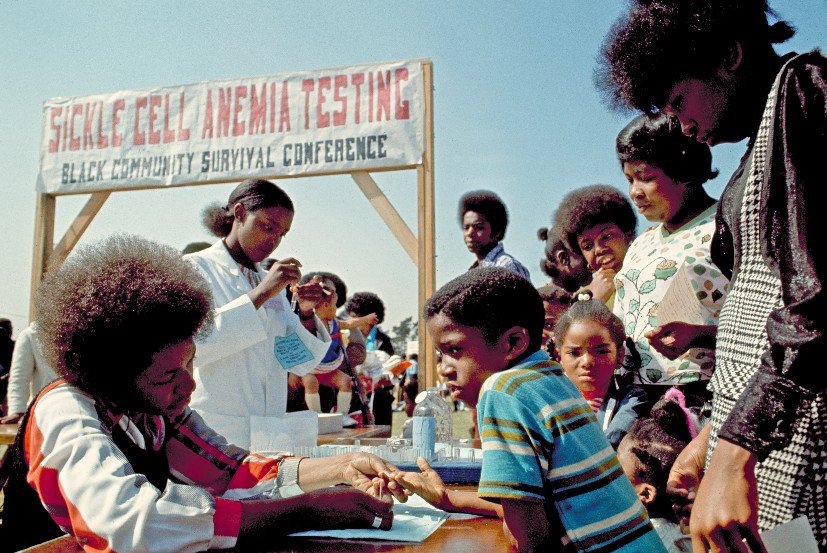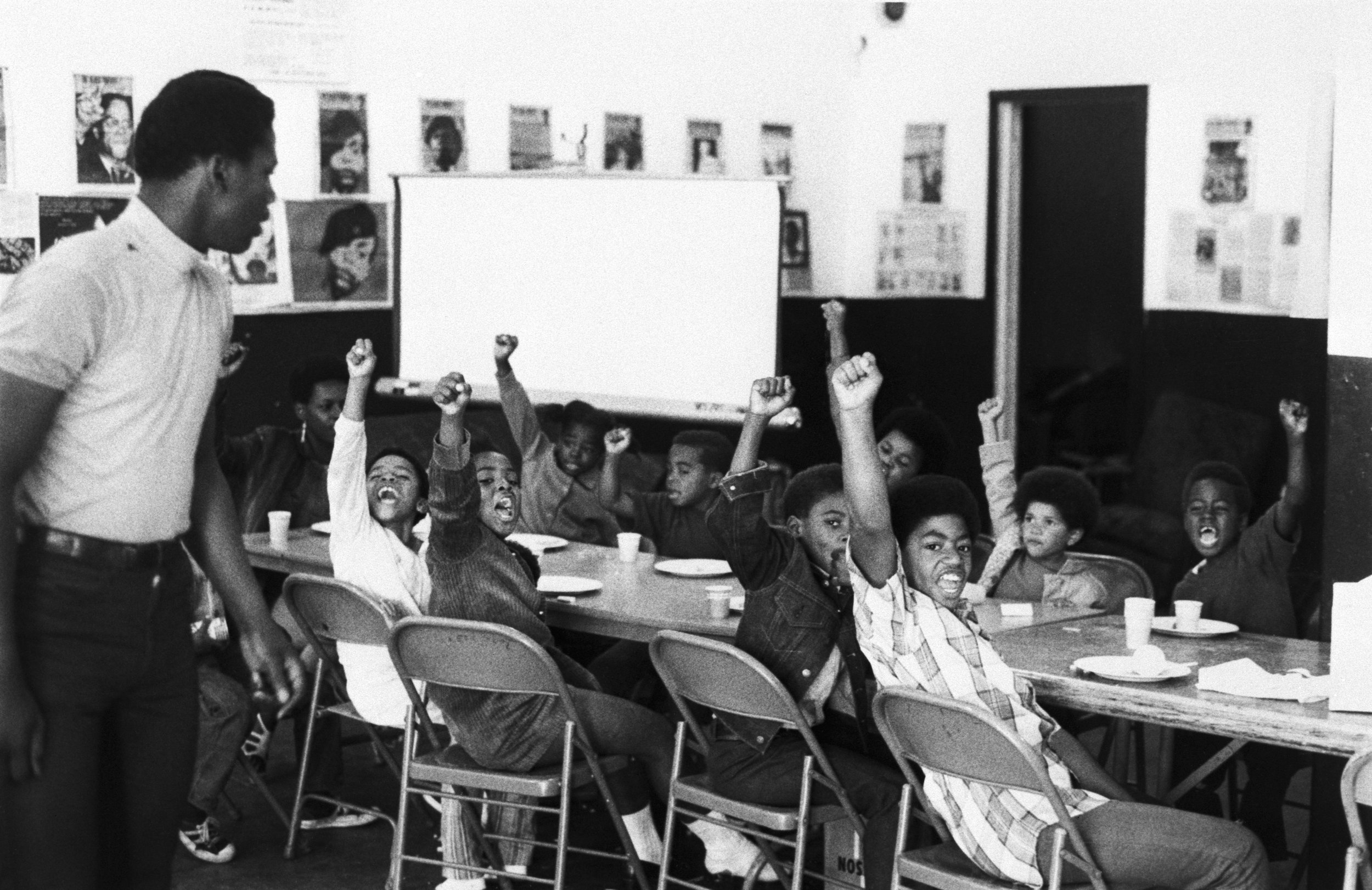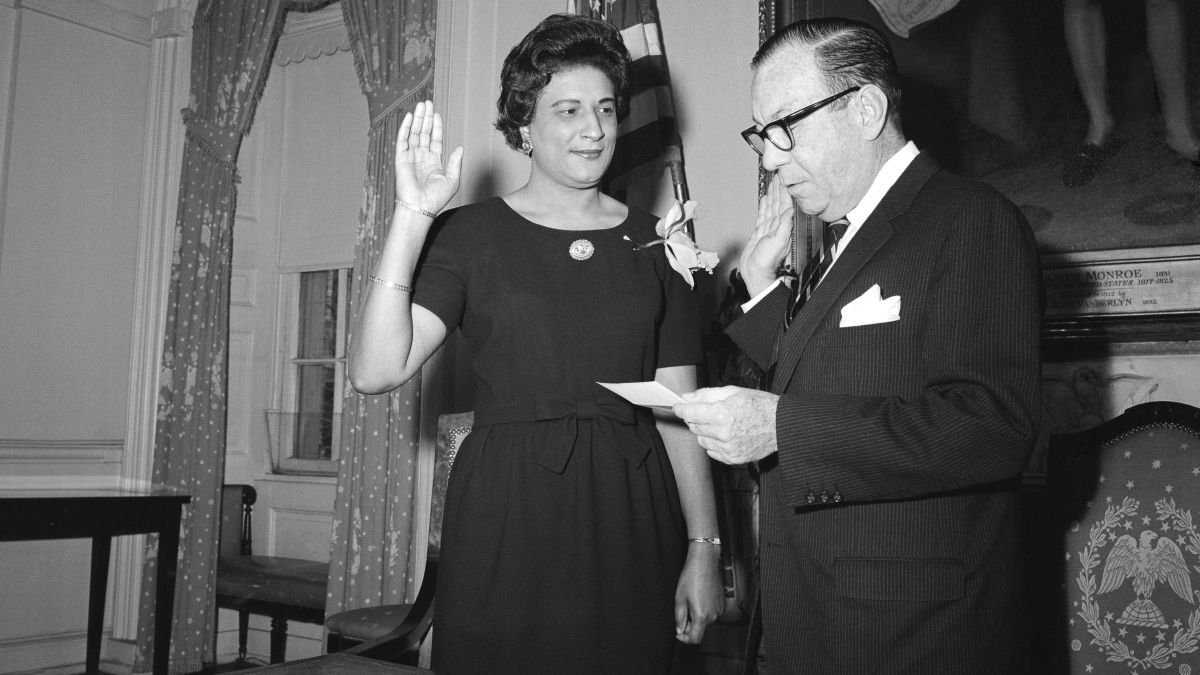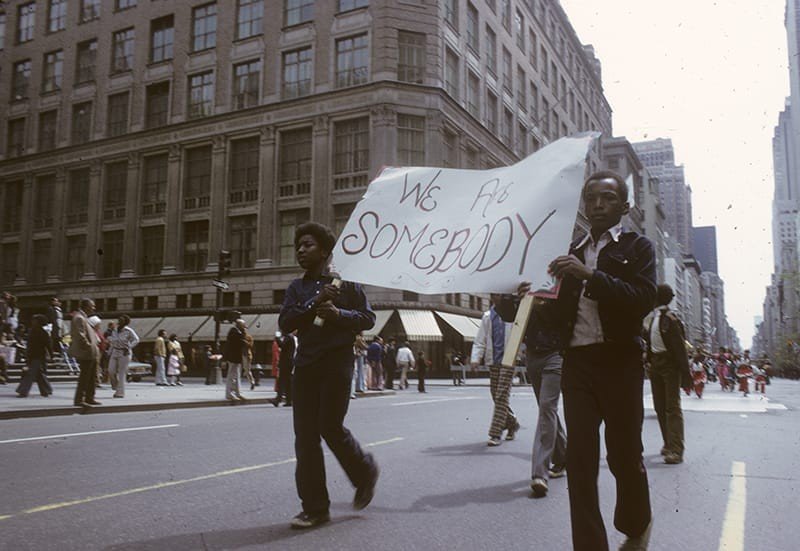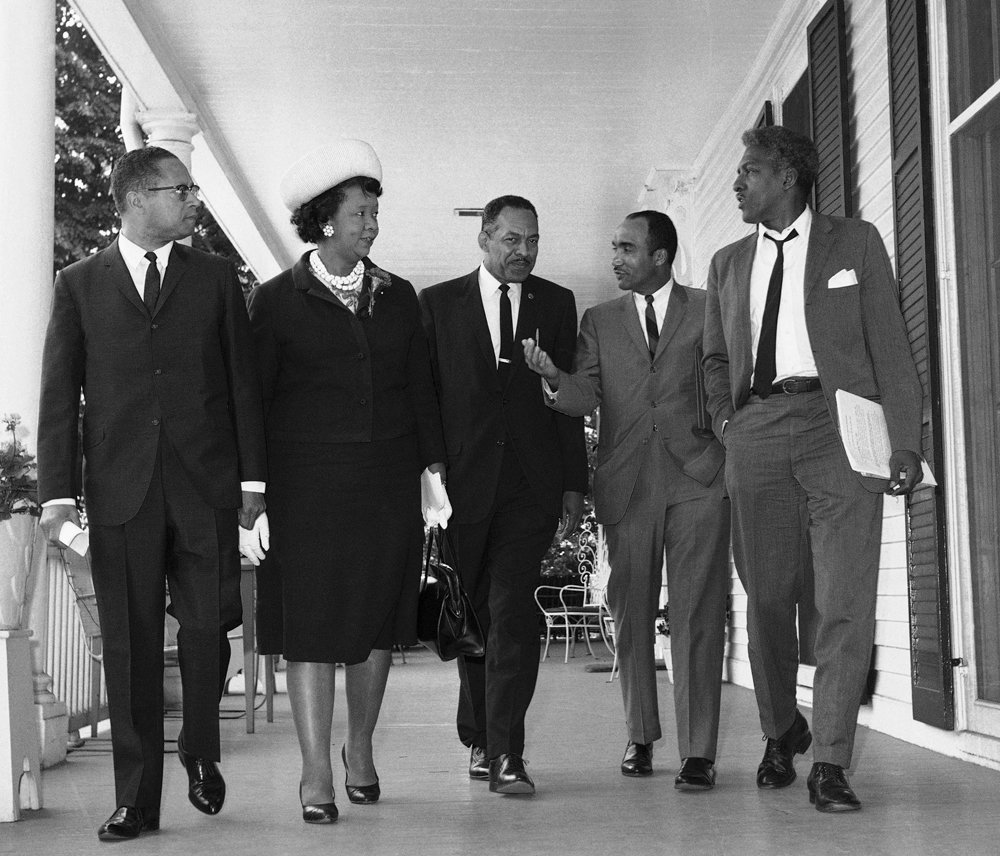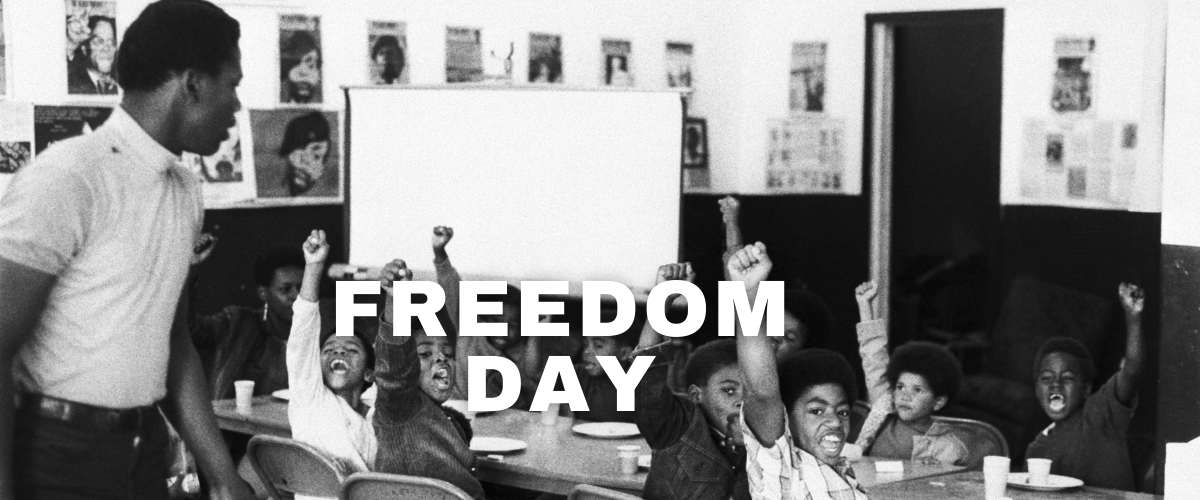
NAAM’s Freedom Day celebrates history, culture, equity, and freedom while highlighting the importance of sharing these ideals with ALL members of our community. Freedom Day is a FREE admission day at NAAM offered once a month. NAAM uses Freedom Day to spotlight significant and sometimes lesser known moments throughout history that have worked to advance freedom for all. Below review all past events we have celebrated on Freedom Day.
Honoring The Links, Incorporated – Greater Seattle Chapter’s 70th Anniversary on December 9, 1955
Celebrating 70 Years of Impact
On December 9, 1955, a group of visionary Black women came together to charter The Links, Incorporated - Greater Seattle Chapter, establishing a legacy of friendship, service, and community transformation. Over seven decades, this chapter has shaped the cultural, educational, and social landscape of Seattle through tireless advocacy, volunteerism, and programmatic innovation. From showcasing African American art and history to developing youth programs, hosting civic and international initiatives, and directing almost two million dollars into scholarships and community projects, the chapter has consistently uplifted Black communities in the Pacific Northwest. Their work embodies the idea that service and leadership are inseparable, and their sustained presence over seventy years has left an indelible mark on Seattle’s history.
The Links, Incorporated - Greater Seattle Chapter has helped advance freedom—locally, nationally, and intergenerationally—through education, civil rights access, cultural power, and Black women’s leadership.
An Unwavering Commitment to Black Girls and Women
Central to the chapter’s mission is a focus on youth empowerment and educational access. Their Building STEAM program, launched in 2011, immerses middle school Black girls in science, technology, engineering, arts, and mathematics through hands-on projects, guest speakers, and field trips. Participants gain not only technical skills but also confidence, mentorship, and exposure to future career opportunities in STEAM fields. Complementing this, the chapter’s scholarship program invests directly in young Black leaders, awarding up to $15,000 to high school seniors who demonstrate academic excellence and community leadership, while also offering supplemental support to college students facing urgent financial needs. Through these initiatives, the chapter ensures that Black girls and women are equipped to thrive academically, professionally, and personally.
Notable Members Throughout the Years
The Greater Seattle Chapter’s legacy is rooted in the vision and dedication of its members. Charter members such as Sarai Greene Haith, Josephine Stokes, Virginia Clark Gayton, Orie Greene, and Melvina Lomax Squires laid the foundation for decades of service, pioneering programs in the arts, youth development, and civic engagement. Later leaders, like Marion Elizabeth Schultz Sutherland, exemplified the chapter’s influence on a national scale, serving as the 10th National President of The Links, Incorporated, while continuing to strengthen Seattle’s local initiatives. Together, these women, past and present, illustrate the chapter’s enduring commitment to leadership, mentorship, and community-building across generations.
Did You Know?
The Greater Seattle Chapter was one of the earliest Links chapters established on the West Coast, chartered in 1955.
Their four programmatic facets—The Arts, Services to Youth, National Trends & Services, and International Trends & Services—have guided programming for over 70 years.
Building STEAM serves approximately 35 middle school girls annually and is hosted at Seattle Central College, providing a six-week immersive learning experience.
The chapter’s scholarship initiatives have directly supported hundreds of students, helping them pursue high school graduation, college, and career opportunities.
Members have volunteered tens of thousands of hours and helped fund community projects totaling over $1.8 million.
